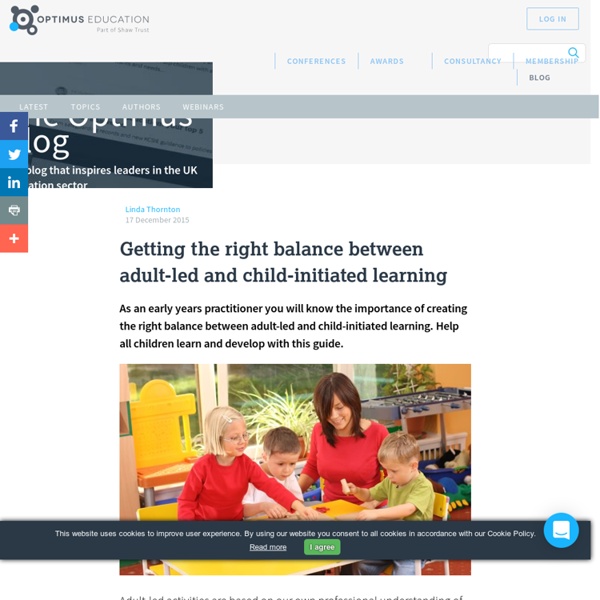6 Types of Play: How Children's Play Becomes More Social
Play is a serious business. The pioneering developmental psychologist Lev Vygotsky thought that, in the preschool years, play is the leading source of development. Through play children learn and practice many basic social skills. They develop a sense of self, learn to interact with other children, how to make friends, how to lie and how to role-play. The classic study of how play develops in children was carried out by Mildred Parten in the late 1920s at the Institute of Child Development in Minnesota.
Total physical response - TPR
Where is it from? How can I use it in class? When should I use it? Why should I use it in the classroom?
Heuristic play
Heuristic play is rooted in young children’s natural curiosity. As babies grow, they move beyond being content to simply feel and ponder objects, to wanting to find out what can be done with them. Toddlers have an urge to handle things: to gather, fill, dump, stack, knock down, select and manipulate in other ways. Household or kitchen utensils offer this kind of activity as every parent knows, and can occupy a child for surprising stretches of time.
FAQ: Raising Bilingual Children
Why want bilingual children? There are many reasons, but the two most common are: 1) The parents speak different languages (say, an American woman and a Turkish man).
The cognitive benefits of play: Effects on the learning brain
© 2008 - 2014, Gwen Dewar, Ph.D., all rights reserved Science supports many of our intuitions about the benefits of play. Playful behavior appears to have positive effects on the brain and on a child’s ability to learn. In fact, play may function as an important, if not crucial, mode for learning. Want specifics? Here are some examples.
How young children learn English as another language
By Opal Dunn, educational consultant and author Introduction Young children are natural language acquirers; they are self-motivated to pick up language without conscious learning, unlike adolescents and adults. They have the ability to imitate pronunciation and work out the rules for themselves.
Earlychildhood NEWS - Article Reading Center
When we first brought our daughter home from the hospital I was inexperienced. Mother came to help and in her always wise and gentle way said, "Honey, you need to talk to that baby." What wonderful advice! Mother's counsel paid great dividends and I remembered it when our granddaughter was born. As the nurse measured and cleaned and dressed that brand new soul, I talked to her...and she paid attention. She was interested in this talking thing.
Teaching English to learners with Special Educational Needs (SENs) – Myths and realities
‘I know I have children with special educational needs in my class, I want to help them and we are supposed to promote inclusion, but I really am not sure how to do this’ Vera, primary teacher from Spain ‘Some of the children in my class are really badly behaved, they can’t sit still, don’t finish their work and are always calling out. I think they might have a learning difficulty, but I don’t know what to do’ Kris, secondary teacher from Poland Do you feel like these teachers?



